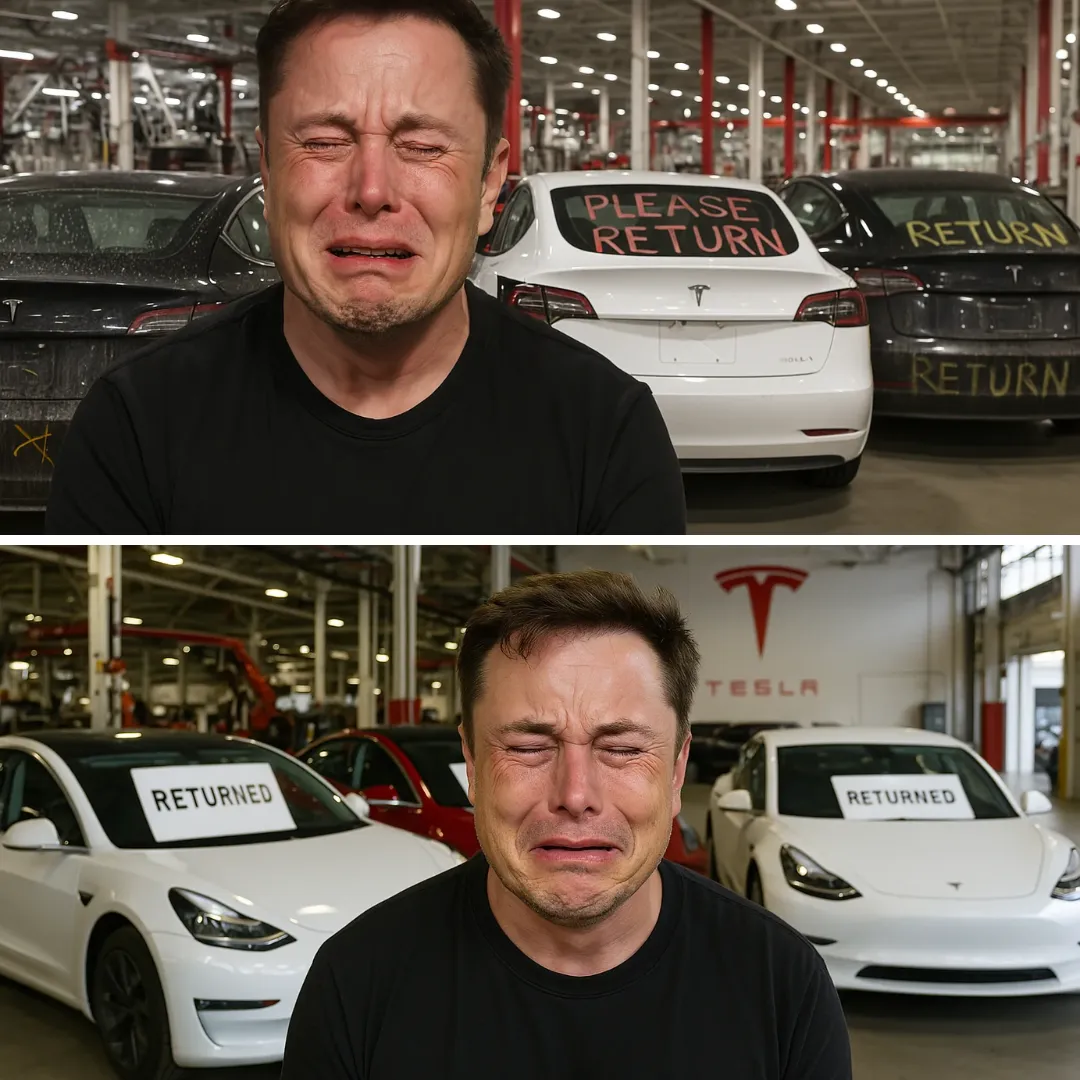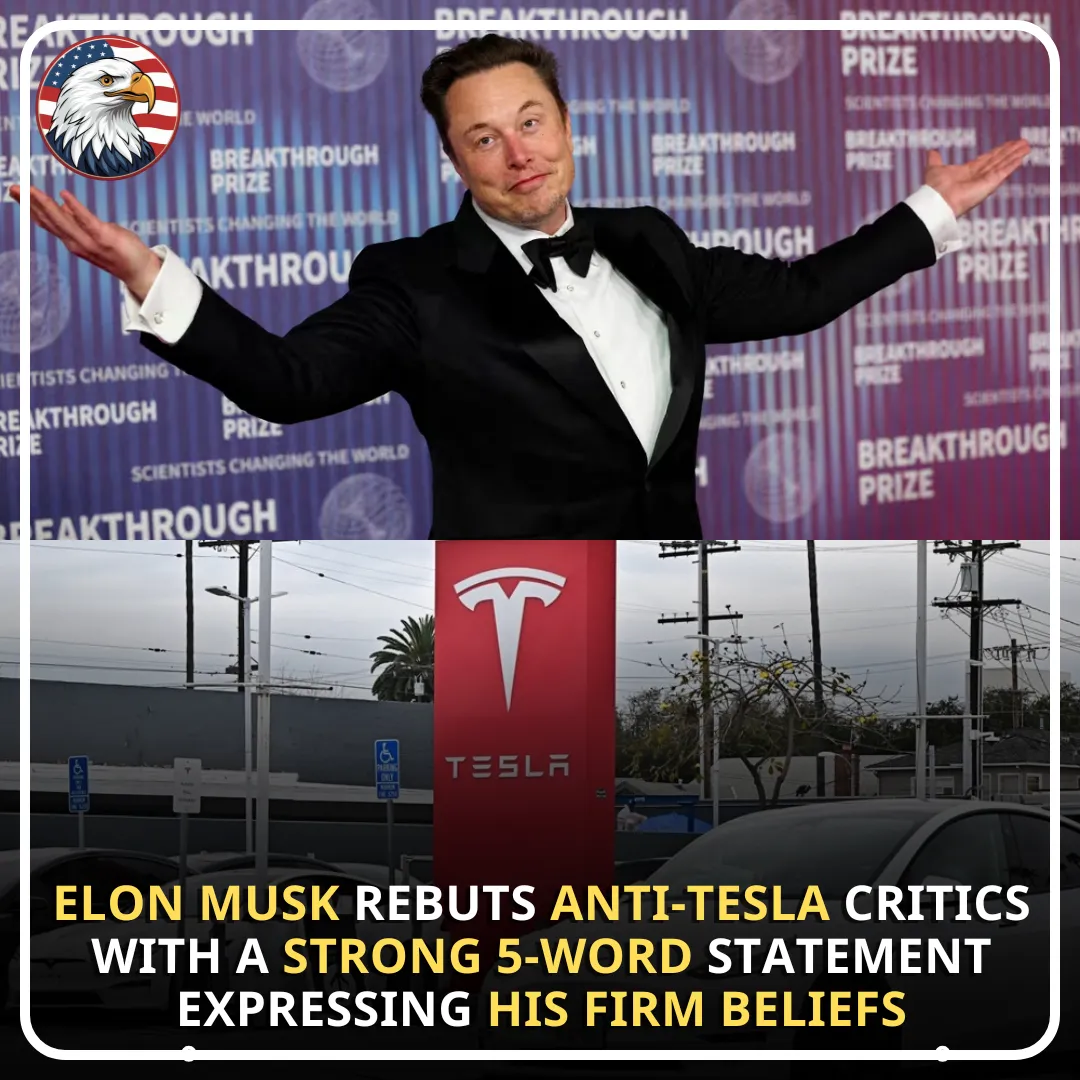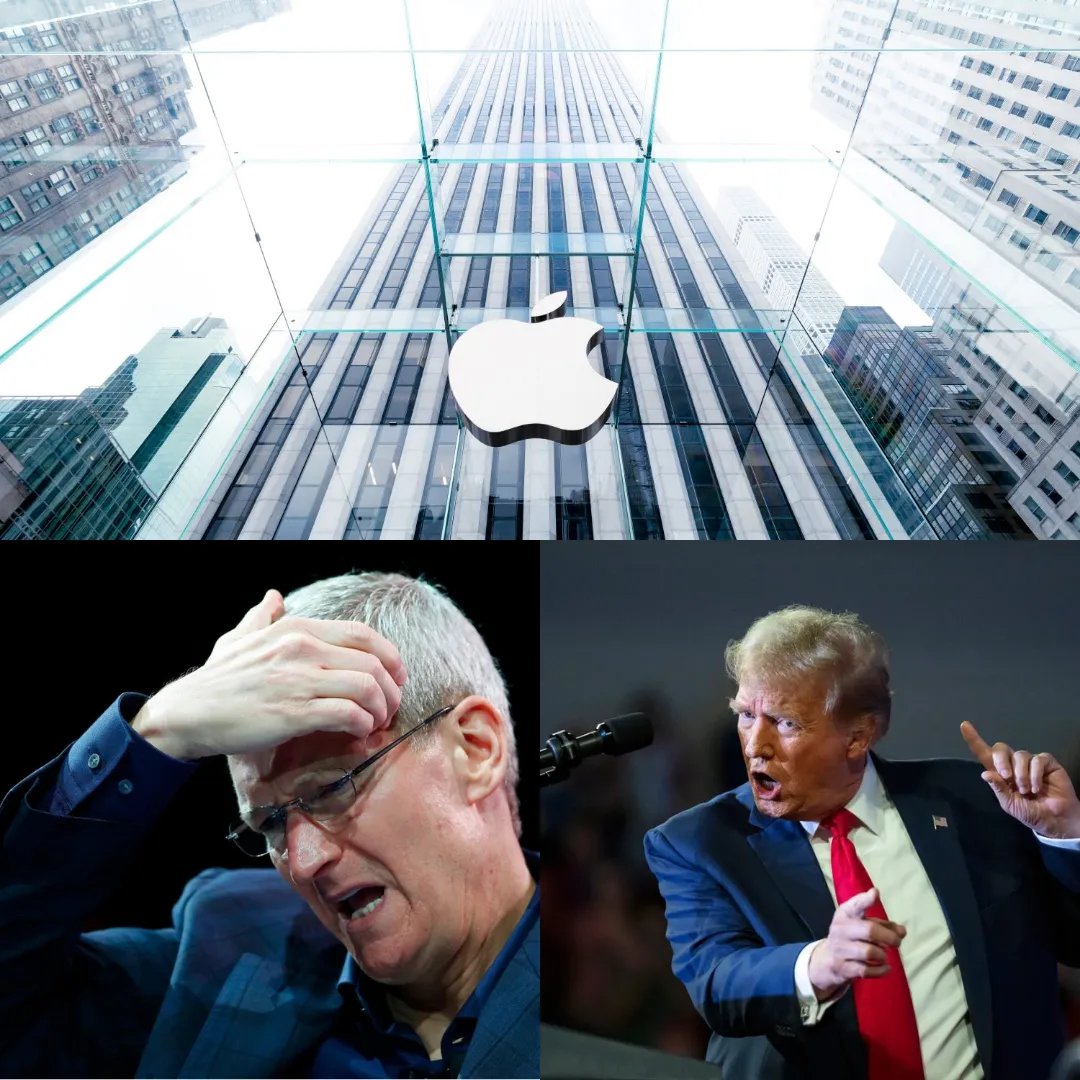:max_bytes(150000):strip_icc():focal(359x369:361x371)/jeff-bezos-elon-musk-090722-8d1b0d178018463e968a3d39480f263a.jpg)
The competition between Elon Musk and Jeff Bezos in the realm of space exploration is one of the most high-profile rivalries of the 21st century, capturing the imagination of the public, investors, and governments alike.
These two billionaires, each commanding vast personal fortunes and visionary ambitions, have become synonymous with the private space race. Musk, through SpaceX, and Bezos, through Blue Origin, are not only building rockets but are vying to define the future of human life beyond Earth.
Their clash is far more than business competition; it is a contest over technological innovation, visionary leadership, and the ultimate destiny of humanity. Elon Musk’s SpaceX, founded in 2002, has positioned itself as a pioneer in rapid development, focusing on reusable rocket technology and ambitious goals such as colonizing Mars.
SpaceX’s Falcon rockets and the upcoming Starship spacecraft embody Musk’s drive to reduce costs and increase launch frequency, aiming for interplanetary travel that could sustain a human presence on other planets.
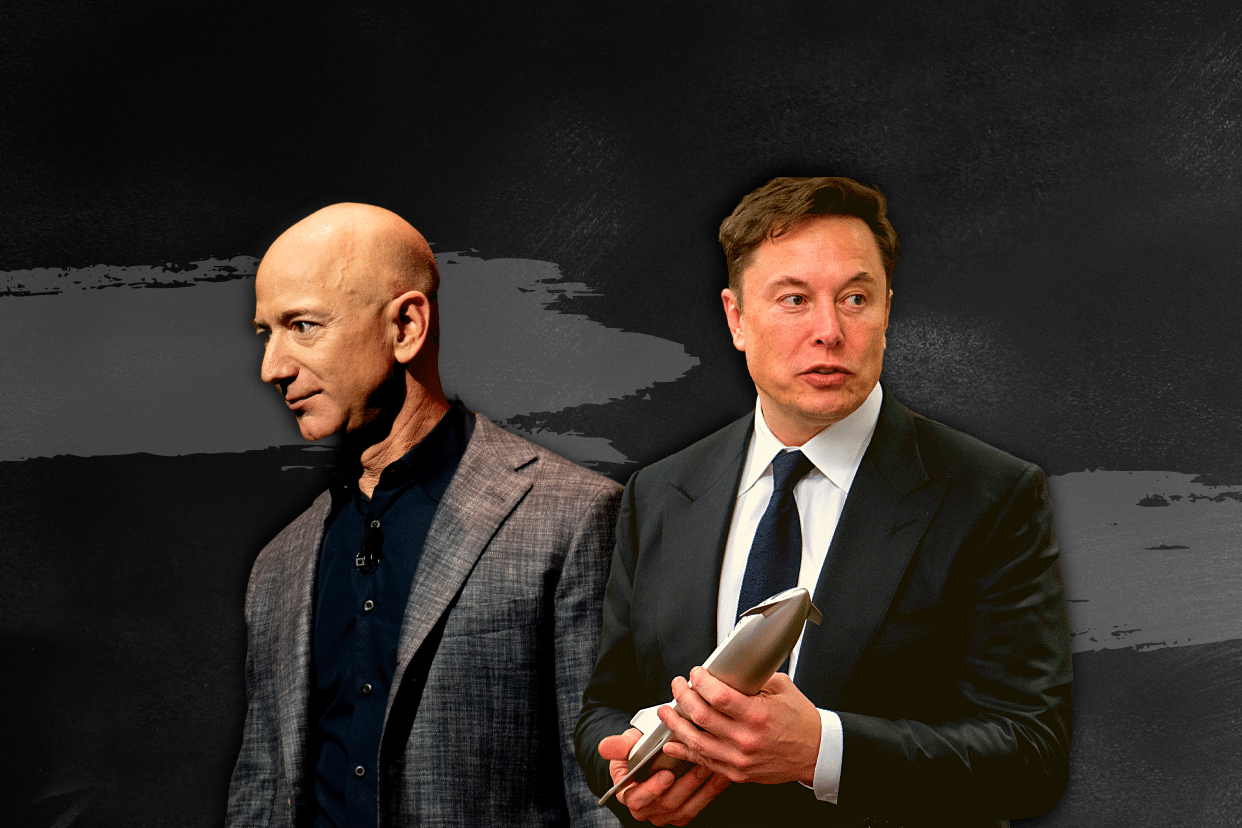
Musk’s vision is grounded in an urgent belief that humanity must become a multiplanetary species to ensure its long-term survival, addressing existential risks such as climate change and global conflict. This urgency has led Musk to adopt an aggressive, iterative approach to rocket development, emphasizing speed, innovation, and scalability.
On the other side stands Jeff Bezos, who founded Blue Origin in 2000 with a vision that contrasts in tone and pace. Bezos emphasizes sustainability, safety, and infrastructure building for future space economies.
Blue Origin’s projects, including the New Shepard suborbital rocket designed for space tourism and the forthcoming New Glenn heavy-lift rocket, reflect a methodical, step-by-step approach to developing space capabilities. Bezos has articulated a vision of space as a place for industry, commerce, and scientific research, highlighting the importance of building “space cities” that can support large populations in the future.
His commitment to gradual progress and reusable technology is rooted in his belief that sustainable, long-term growth in space requires careful planning and investment.
This divergence in strategy has fueled a deeply personal and professional rivalry. Musk has openly criticized Blue Origin for being slow and lacking in originality, accusing the company of focusing too heavily on space tourism rather than groundbreaking advancements.

He has characterized Blue Origin’s approach as cautious to a fault, contrasting it with SpaceX’s rapid iteration and bold experimentation. Musk’s public comments underscore a belief that innovation requires risk-taking and swift action, and that speed is critical in winning the space race.
Bezos has responded by questioning SpaceX’s rapid development model, emphasizing the need for reliability, safety, and long-term sustainability. He argues that Musk’s approach, while impressive, sometimes overlooks foundational infrastructure and regulatory compliance necessary for lasting success.
Bezos stresses that space exploration is not just about reaching milestones but about building a future where space travel and habitation can be conducted responsibly and safely. His focus on careful, deliberate development highlights a philosophical difference about how humanity should approach the cosmos.
The rivalry is also played out in public forums, legal battles, and competition for government contracts. Both SpaceX and Blue Origin have sought NASA partnerships and commercial launch agreements, with billions of dollars at stake.
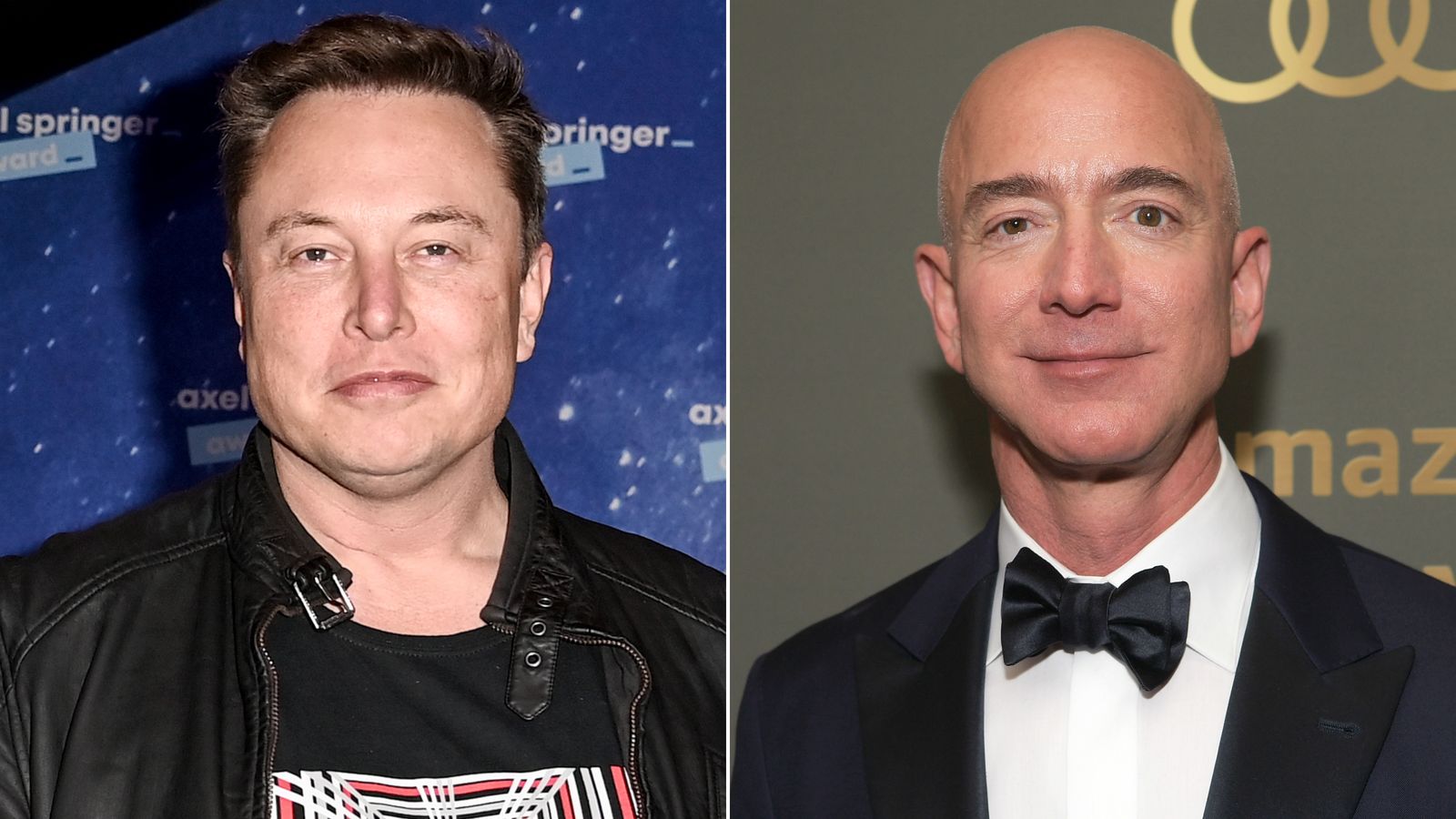
Musk’s SpaceX secured contracts for cargo and crew missions to the International Space Station, while Blue Origin has pursued similar deals, often leading to public disputes over fairness and capability. The companies’ competition extends to ambitions for moon landings and lunar infrastructure, with each seeking to position themselves as indispensable players in the future of space.
Investor sentiment has been influenced heavily by this rivalry. SpaceX’s aggressive growth and technical milestones have attracted substantial capital and public enthusiasm. The company’s valuation has soared, reflecting optimism about its prospects to revolutionize space travel.
Meanwhile, Blue Origin, largely privately funded by Bezos’s personal wealth, has taken a quieter financial path but remains a significant force with deep pockets and strategic patience. This dynamic tension shapes not only the companies themselves but also the broader ecosystem of space startups and government policies.
The rivalry transcends technology and finance; it also touches on cultural and symbolic dimensions. Musk, often seen as a disruptive innovator, embodies the archetype of a Silicon Valley visionary willing to challenge norms and push boundaries.
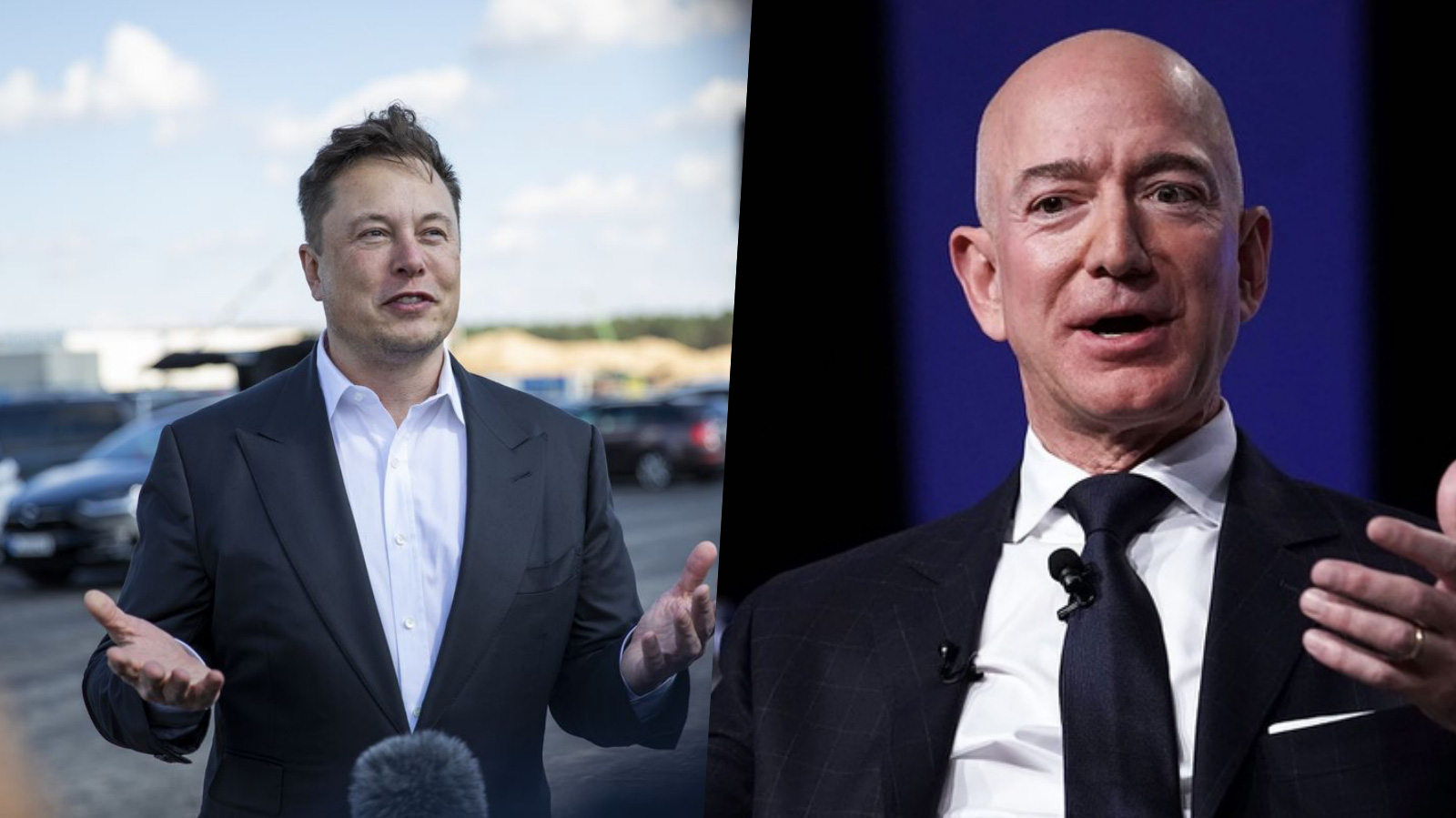
Bezos, with his methodical and disciplined approach, represents a more traditional business titan focused on enduring infrastructure and scale. Their contrasting leadership styles and public personas contribute to the intensity of their competition and public fascination.
The stakes are immense. The outcome of this rivalry could determine who leads humanity’s expansion into space and how that expansion unfolds. Beyond national space agencies and geopolitical competition, Musk and Bezos personify a new era where private enterprise plays a pivotal role in shaping humanity’s cosmic destiny.
Their billions of dollars and relentless drive fuel an unprecedented push toward making space travel routine and opening new frontiers for commerce and civilization. Moreover, the rivalry raises critical questions about the future of space policy, governance, and ethics.
As private companies gain influence in space exploration, issues such as space resource utilization, environmental stewardship of celestial bodies, and the militarization of space come to the fore. Musk and Bezos, as leading figures, will inevitably shape these discussions, influencing how humanity balances ambition with responsibility beyond Earth.
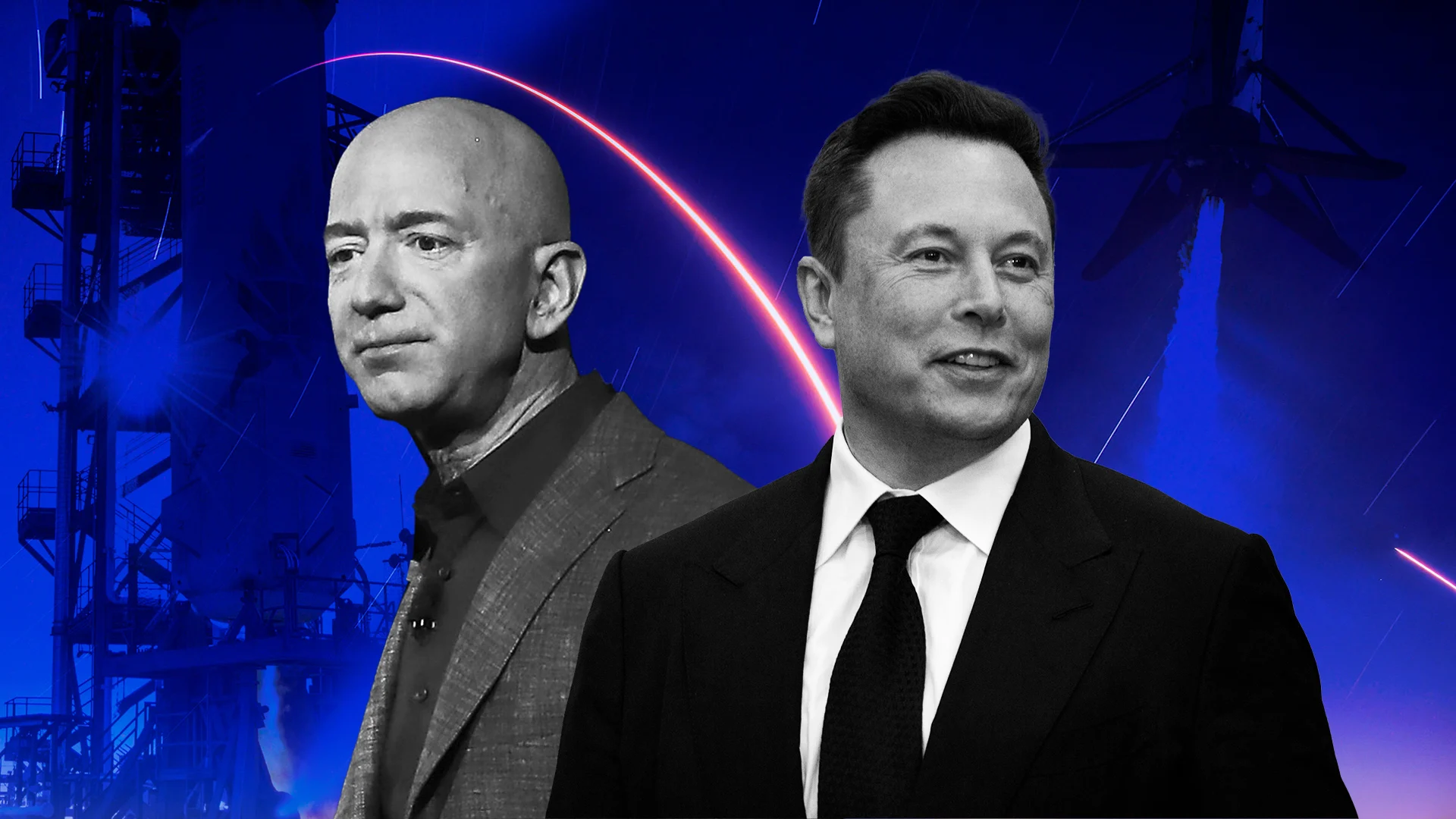
As SpaceX prepares for ambitious missions such as Starship’s interplanetary flights, and Blue Origin advances its New Glenn rocket and lunar lander projects, the competition intensifies.
Both companies invest heavily in research and development, hiring top talent, and forging partnerships worldwide. Their rivalry drives innovation but also sparks debate about the best path forward in space exploration.
In conclusion, Elon Musk and Jeff Bezos stand at the center of a billion-dollar rivalry that extends far beyond rockets and technology. Their contrasting visions for space exploration—Musk’s rapid innovation and Mars colonization versus Bezos’s sustainable infrastructure and space cities—reflect broader debates about humanity’s future in the cosmos.
As they compete for dominance, they are not only shaping the aerospace industry but also influencing the very trajectory of human civilization’s expansion beyond Earth. This rivalry promises to define an era and captivate the world’s attention for decades to come.
-1746276443-q80.webp)
